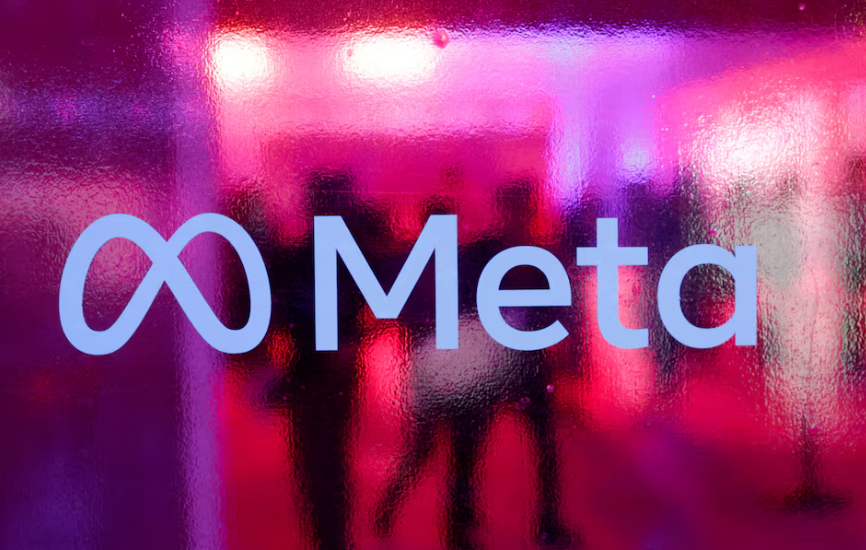In a recent twist to the ongoing legal battle, a group of authors, including Ta-Nehisi Coates and comedian Sarah Silverman, has accused Meta Platforms (META.O) of knowingly using pirated books to train its artificial intelligence systems. They made these allegations in newly disclosed court documents in California federal court.
Allegations Against Meta and Zuckerberg
The authors claim that Meta, with approval from its CEO Mark Zuckerberg, utilized the AI training dataset LibGen, which allegedly contains millions of pirated works. According to internal documents revealed during the discovery process, Meta was fully aware that the dataset was pirated. Despite concerns raised by Meta’s AI executive team, Zuckerberg reportedly approved its use. The authors further assert that Meta distributed the dataset via peer-to-peer torrents, exacerbating the infringement.
Legal Battles and Fair Use Defense
This case is part of a broader wave of lawsuits against tech companies for allegedly using copyrighted materials without permission to develop AI products. While Meta and others have argued that their actions fall under “fair use,” the authors vehemently disagree. They initially sued Meta in 2023, accusing the company of misusing their works to train its large language model, Llama.
Court Developments and Future Actions
U.S. District Judge Vince Chhabria had previously dismissed some of the authors’ claims, including those related to copyright management information (CMI) and the generation of text by Meta’s chatbots. However, on Thursday, Chhabria permitted the authors to file an amended complaint. While he expressed skepticism about the fraud and CMI claims, the authors believe new evidence strengthens their case. They now seek to revive their CMI claim and add a new computer fraud claim.
Meta has not yet commented on the recent allegations. As the case unfolds, it highlights the growing tension between creative professionals and tech giants over the use of copyrighted materials in AI training.

